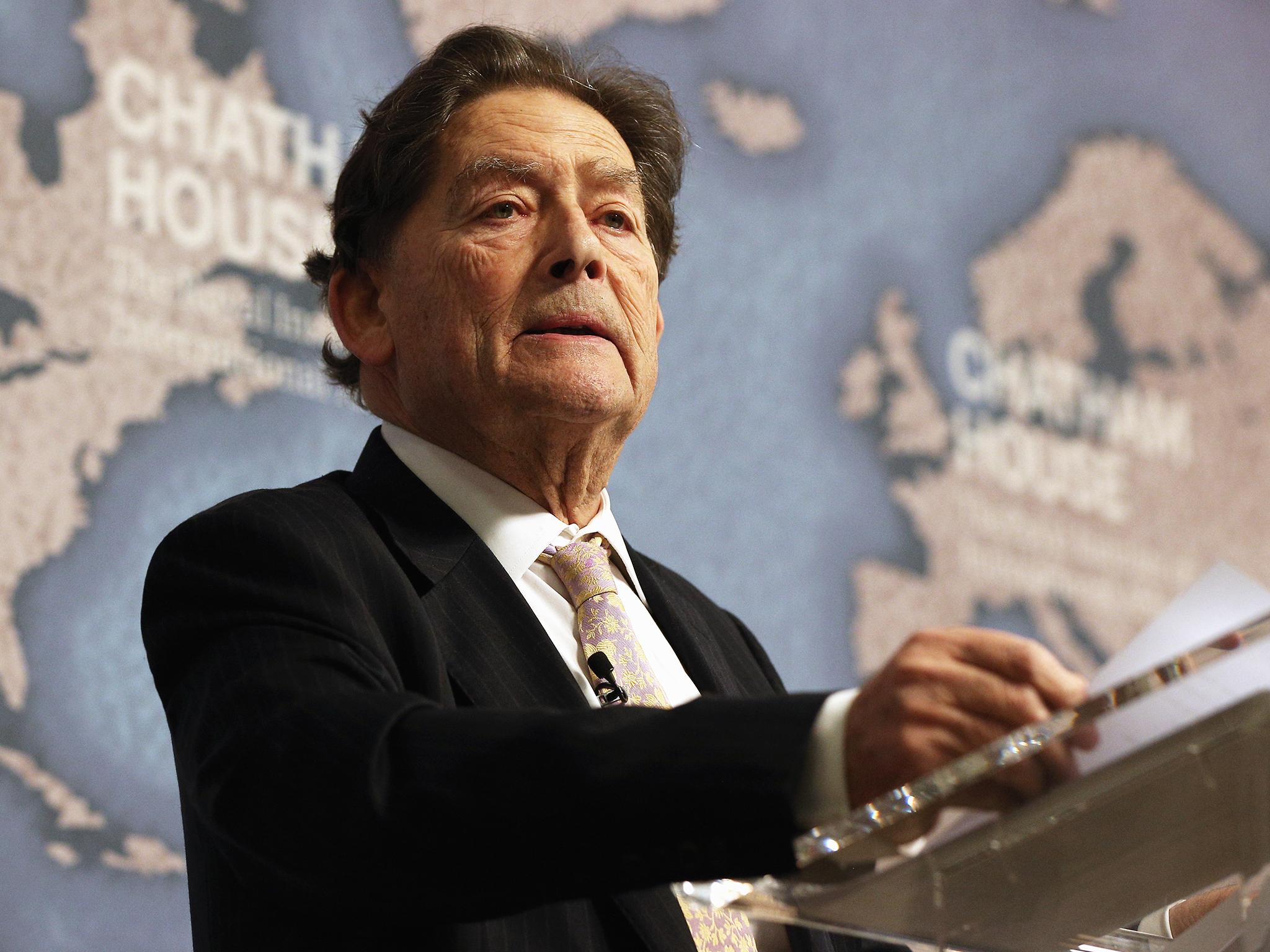National Archives: Margaret Thatcher faced down Cabinet and Bank of England to block Britain joining ERM
Then Prime Minister stunned senior ministers after disregarding arguments for joining exchange rate system

Your support helps us to tell the story
From reproductive rights to climate change to Big Tech, The Independent is on the ground when the story is developing. Whether it's investigating the financials of Elon Musk's pro-Trump PAC or producing our latest documentary, 'The A Word', which shines a light on the American women fighting for reproductive rights, we know how important it is to parse out the facts from the messaging.
At such a critical moment in US history, we need reporters on the ground. Your donation allows us to keep sending journalists to speak to both sides of the story.
The Independent is trusted by Americans across the entire political spectrum. And unlike many other quality news outlets, we choose not to lock Americans out of our reporting and analysis with paywalls. We believe quality journalism should be available to everyone, paid for by those who can afford it.
Your support makes all the difference.Margaret Thatcher single-handedly faced down her most senior ministers to block Britain joining the European Exchange Rate Mechanism (ERM), according to newly released Government papers.
Files released by the National Archives show how by the autumn of 1985 the Chancellor, Nigel Lawson, had concluded the Government's monetarist policies for controlling inflation and the public finances were “running out of steam”.
Mr Lawson, who had been hit by a run on the pound, warned that only joining the ERM – a forerunner of the euro which linked the exchange rates of the European Community member states – would convince the markets that the UK was committed to fiscal discipline.
“I am forced to conclude that not to join now would be a historic missed opportunity in the conduct of economic policy which we would before very long come bitterly to regret,” he wrote in a briefing note to the Prime Minister.
“My judgement is shared not only by the Governor of the Bank of England, but also by senior officials in both the Treasury and the Bank.”
The scene was set for a showdown on 13 November 1985 at what was to be one the most tumultuous meetings of Mrs Thatcher's premiership.
Lined up alongside Mr Lawson were Robin Leigh-Pemberton, the Bank’s Governor; the Foreign Secretary, Sir Geoffrey Howe; Trade and Industry Secretary Leon Brittan; Tory Party chairman Norman Tebbit, the leader of the Commons John Biffen, chief whip John Wakeham, and the veteran Cabinet fixer Willie Whitelaw.
The day before the meeting Mrs Thatcher was warned by her private secretary David Norgrove that she faced an ambush.
“I am told privately that the Chancellor has seen separately all of the ministers who are coming to this subject for the first time,” he informed her.
“The Treasury tell me their reaction has been that of course this is a subject where they are prepared to trust the judgement of the Chancellor and Governor. This suggests to me that the Chancellor has blinded them with science.”
The official note of the meeting shows it opened with Mr Lawson arguing that any suggestion the UK enjoyed greater freedom of action outside the ERM was “illusory” while joining would bolster the confidence of the markets.
He was supported by Mr Brittan and even Mr Tebbit – with only Mr Biffen voicing any doubts.
When Mrs Thatcher tried to argue back, Sir Geoffrey and Mr Leigh-Pemberton supported joining while Lord Whitelaw said he was prepared to trust the Chancellor and the Governor.
“If they felt the time was right to join, their views needed to be given full weight,” he said, at which point Mrs Thatcher abruptly shut down the discussion.
The official minute noted: “The Prime Minister, bringing the discussion to a close, said she had not been convinced by the arguments in favour of joining.”

Her action left ministers stunned. Mr Lawson later disclosed that he had considered resigning but was dissuaded by colleagues.
Mrs Thatcher was eventually persuaded to sign up to the ERM in 1990 by Mr Lawson's successor as Chancellor, John Major who – as Prime Minister two years later – presided as the UK humiliating crashed out on Black Wednesday.
PA
Join our commenting forum
Join thought-provoking conversations, follow other Independent readers and see their replies
Comments